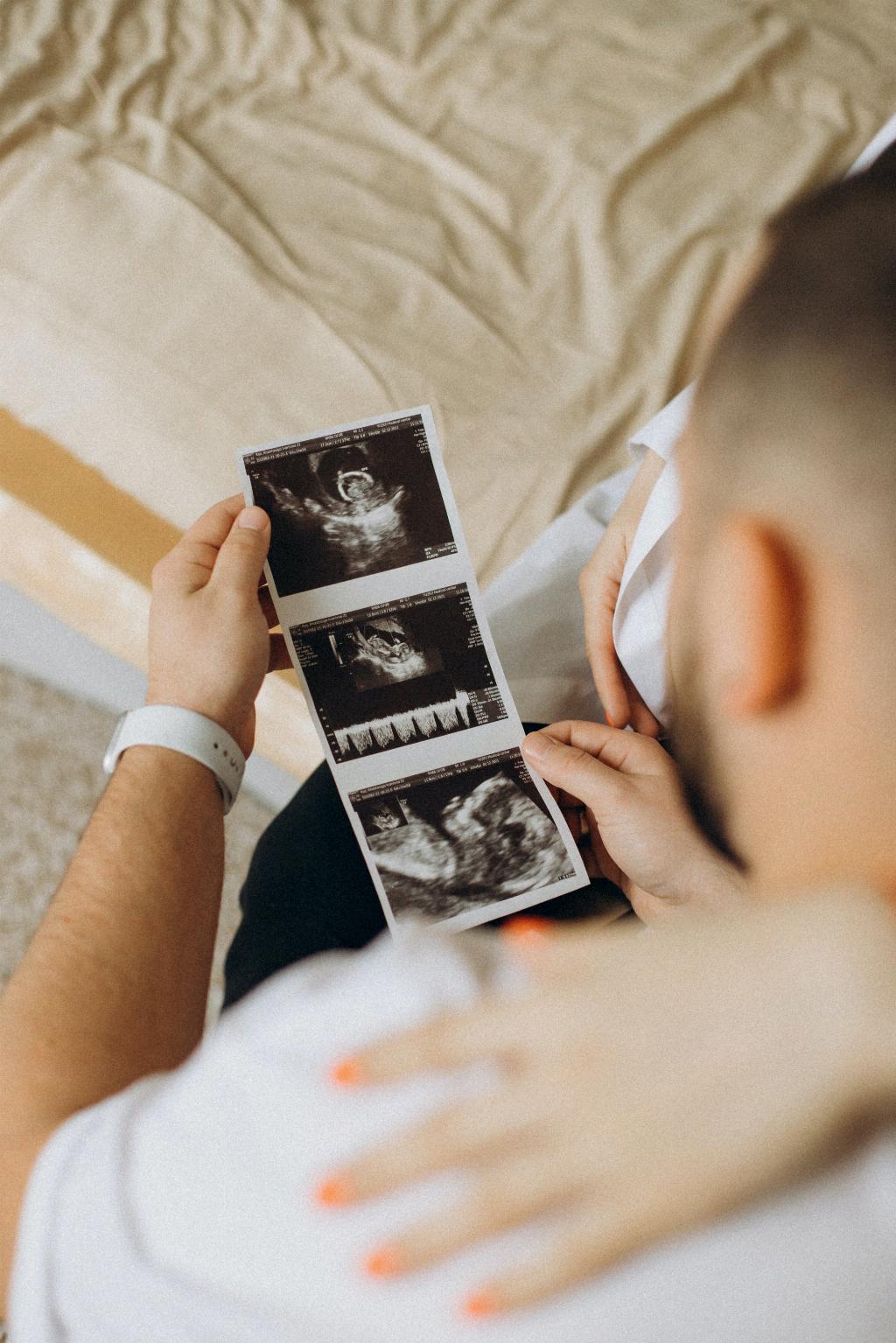When it comes to feeding babies, especially those who are around 6 months old, the utmost care and attention to their diet is crucial. One common question that often arises is whether runny eggs are safe for babies. In this article, we delve into the details and explore the safety aspects of giving runny eggs to infants.
Soft-boiled eggs are known for their undercooked yolks, which can pose a potential risk for babies. The concern primarily lies in the possibility of the eggs containing salmonella, a type of bacteria that can lead to food poisoning. As such, it is generally not recommended to feed babies runny eggs due to the associated health risks.
For infants who are ready to start consuming solid foods, the emphasis should be on providing them with nutritious and safe options. Instead of runny eggs, a safer alternative would be hard-boiled eggs. Hard-boiled eggs have solid yolks, significantly reducing the risk of any harmful bacteria present in undercooked eggs.
While hard-boiled eggs are a suitable substitute for runny eggs, there are other cooking methods that can be employed to offer variety in an infant’s diet. Scrambled eggs or poached eggs with firm yolks are excellent choices that can provide both taste and nutrition for babies as they explore different food textures and flavors.
As a parent or caregiver, it is essential to prioritize the safety and well-being of the infant when introducing new foods into their diet. Understanding the potential risks associated with certain food items, such as runny eggs, can help in making informed decisions regarding what to feed the baby.
Ensuring that eggs are cooked thoroughly before serving them to babies is a simple yet crucial step in minimizing the risk of foodborne illnesses. By opting for well-cooked eggs, caregivers can have peace of mind knowing that they are offering a safe and wholesome meal to the little one.
It is important to note that every baby is different, and their dietary needs may vary. Some babies may have allergies or sensitivities to certain foods, including eggs. In such cases, consulting a pediatrician or a healthcare provider can provide tailored guidance on the best food choices for the baby.
When introducing eggs into an infant’s diet, it is advisable to start with small amounts and monitor for any adverse reactions. By gradually incorporating eggs into the baby’s meals, caregivers can observe how the baby responds to this new food item and adjust their diet accordingly.
Overall, while runny eggs may be a popular choice for some individuals, they are not considered safe for babies, especially those who are still developing their immune systems. Opting for well-cooked eggs and exploring different cooking methods can ensure that babies receive the necessary nutrients without compromising their health.
In conclusion, when it comes to the question of whether runny eggs are safe for babies, the answer is clear: it is best to avoid feeding babies runny eggs due to the potential risks associated with undercooked yolks. By prioritizing safety and making informed choices, caregivers can provide wholesome and nutritious meals for the little ones as they embark on their journey of exploring solid foods.

